'Dust Tracks on a Road: An Autobiography' by Zora Neale Hurston
'A wind full of memories blew out of the past and brought a chilling fog.'—Review #225

Zora Neale Hurston apparently learned how to walk when a pig wandered into her home and tried to take her food—the toddler had to stand and use her feet to evade the hungry snout. Decades later, she was instructed on the nuances of barroom knife fighting by a woman named Big Sweet, who was Hurston’s guide and protector on an anthropological mission in the Deep South. We all know she wrote ‘Their Eyes Were Watching God,’ but did you know she regretted her most popular novel and wished she could rewrite it? These moments, among others, stood out to me in Hurston’s unconventional memoir, ‘Dust Tracks on a Road.’
Here’s the cover:
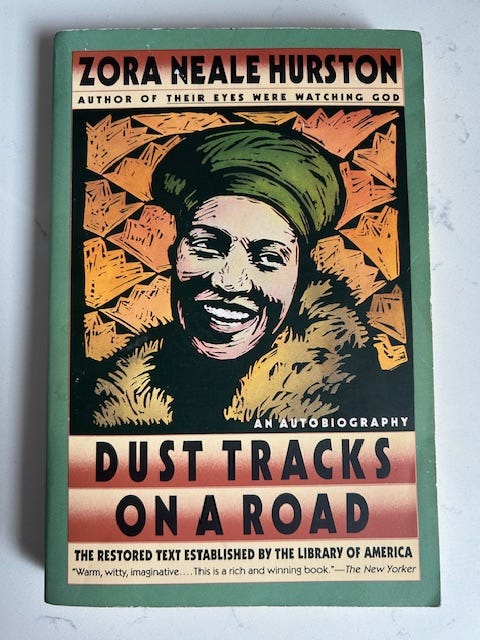
Months ago, I offered to feature three of Hurston’s works in one roundup, but life interfered and pushed that project into the nebulous future. I hope telling you about this book will suffice in the meantime. ‘Dust Tracks on the Road’ follows Hurston’s path from growing up in rural Florida (more on that in the excerpt below) at the turn of the 20th century, to finding ways to satisfy her voracious appetite for knowledge and literature, to completing her education at Howard University and Barnard College, and to becoming an anthropologist and a literary legend. She recounts key moments in her life through vignettes and stories—some vague, some folksy, some dramatic—which provide an impressionistic recreation of her origins, like:
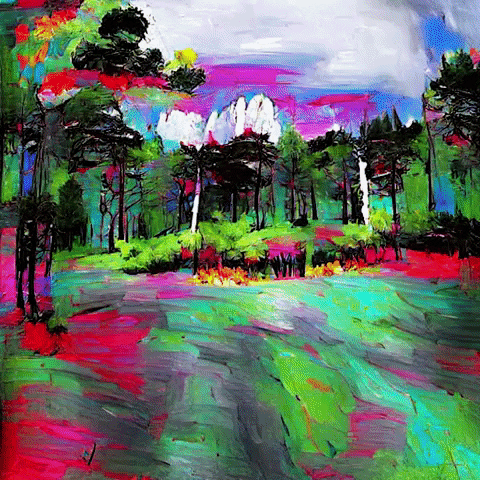
Some of her stories are funny, like the one with the pig. Some are heartbreaking, like when her mother dies during Hurston’s childhood. Some are fascinating, like when she meets Cudjo Lewis, the last survivor of the last ship that brought enslaved Africans to the United States before the Civil War (his story is expanded in ‘Barracoon’). Some are chilling, like when Hurston recounts a fistfight with her stepmother, describing her own bloody and murderous thoughts. And some are unexpected, like her opinions on race. She recounts working as a manicurist in a Washington, D.C., barber shop, a Black-owned business and staffed with Black employees that served only white customers. When a Black man came in for a haircut, the workers throw him out for fear of alienating their clientele. Hurston realizes that the staff has helped reinforced Jim Crow segregation, but she justifies their act by positing the potential consequences to her coworkers and the shop’s owner: If they had served him, they would have hurt their business and, by extension, jeopardized their jobs. I was surprised she didn’t ponder a more equitable solution in hindsight. Elsewhere in the book, and in the appendices that accompany it, Hurston is critical of Black people generally, and of racial consciousness and solidarity. She’s also dismissive of the legacy of slavery. I’m not well read enough to understand fully the nuances and context of her political views, but I detected disdain for them in Maya Angelou’s foreword. I was grateful for Henry Louis Gates Jr.’s afterword, which provided further explanation and clarity on Hurston’s beliefs. I wondered if she would hold those views today, given all that’s happened since her death in 1960. My guess is she’d be like:
What I enjoyed most about ‘Dust Tracks on a Road’ are the wonderful turns of phrase Hurston weaves into her narrative. For example, when she’s standing at a street corner on the west side of Manhattan in the dead of winter waiting for a friend to pull up in a taxi, she writes, ‘The wind was searching me like the police.’ On a trip south to gather songs and folklore for what would be included in her book ‘Mules and Men,’ she describes how on one outing she got some material, but ‘not enough to make a flea a waltzing jacket.’ And in a chapter where she’s critical of religious denominations, she writes, ‘The wide belt of the universe has no need for finger-rings. I am one with the infinite and need no other assurance.’ So many gems!
Over the years, I’ve enjoyed several of Hurston’s novels and works of nonfiction, and I thought I had a good sense of who she was as a person. That conception was completely shattered by ‘Dust Tracks on a Road.’ The book reveals a complicated and, at times, contradictory person: someone who had been through a lot, and achieved even more; someone strong-willed, brilliant and eccentric, but who also might not be telling us the whole story; and someone relatable, who struggles with romantic relationships, friendships and family members, like we all do. And what writer hasn’t immediately second-guessed their work, regardless of how popular it is? (I go into a sulk every other Sunday!) I’m glad I read this book. If you’re looking for an engaging and interesting memoir, check it out.
How it begins:
Like the dead-seeming, cold rocks, I have memories within that came out of the material that went to make me. Time and place have had their say.
So you will have to know something about the time and place where I came from, in order that you may interpret the incidents and directions of my life.
I was born in a Negro town. I do not mean by that the black back-side of an average town. Eatonville, Florida, is, and was at the time of my birth, a pure Negro town—charter, mayor, council, town marshal and all. It was not the first Negro community in America, but it was the first to be incorporated, the first attempt at organized self-government on the part of Negroes in America.
Eatonville is what you might call hitting a straight lick with a crooked stick. The town was not in the original plan. It is a by-product of something else.
It all started with three white men on a ship off the coast of Brazil. They had been officers in the Union Army. When the bitter war had ended in victory for their side, they had set out for South America. Perhaps the post-war distress made their native homes depressing. Perhaps it was just that they were young, and it was hard for them to return to the monotony of everyday being after the excitement of military life, and they, as numerous other young men, set out to find new frontiers.
But they never landed in Brazil. Talking together on the ship, these three decided to return to the United States and try their fortunes in the unsettled country of South Florida. No doubt the same thing which had moved them to go to Brazil caused them to choose South Florida.
My rating:

‘Dust Tracks on a Road: An Autobiography’ by Zora Neale Hurston was originally published in 1942 by J.B. Lippincott, Inc. It was published by HarperPerennial, with a foreword by Maya Angelou and an afterword by Henry Louis Gates, Jr., in 1996. 308 pages, including appendices and chronology. $13.94 at Bookshop.org.
Recent pickups:
‘Crying in H Mart’ by Michelle Zauner (Yu & Me Books)
‘The Book of Form and Emptiness’ by Ruth Ozeki (Yu & Me Books)
Books on GIF does not solicit review copies. We feature books we purchase at independent bookstores around New York City and on our travels, or were borrowed electronically from the Brooklyn Public Library.
What’s next:
Before you go:
ICYMI: Review #224
Hear this: Merve Emre, one of my favorite book critics, has launched a podcast about literary criticism in collaboration with The New York Review of Books, Literary Hub and Wesleyan University. The first episode just dropped, and it features Pulitzer-Prize winning critic Andrea Long Chu, who’s another of my favorites. Check it out!
Thanks for the shoutout! We were very excited to see BoG pop up in awesome newsletters, including The Booktender, Books Worth Sharing, The Spark and Ratchel Reads. Check them out, and subscribe!
If you enjoyed this review:
Thanks for reading, and thanks especially to Donna for editing this newsletter!
Until next time,
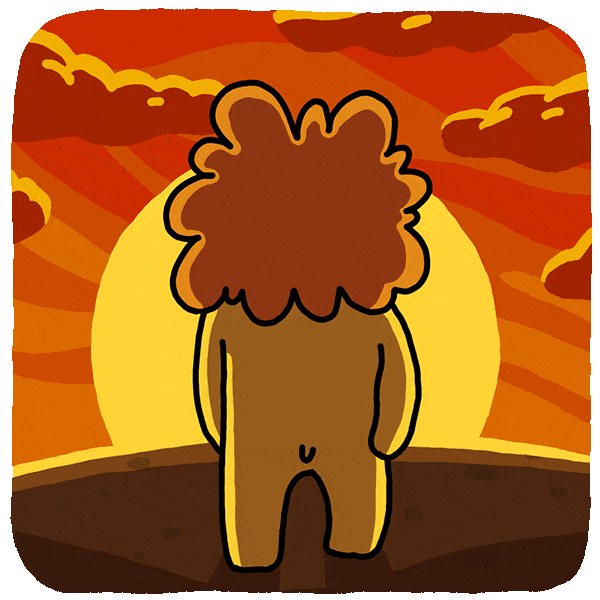
MPV





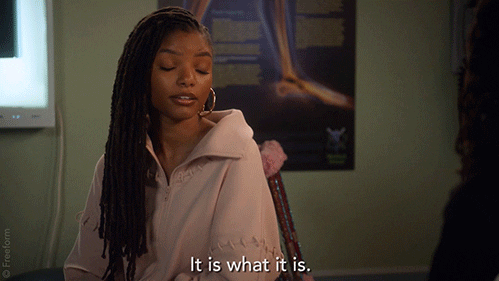
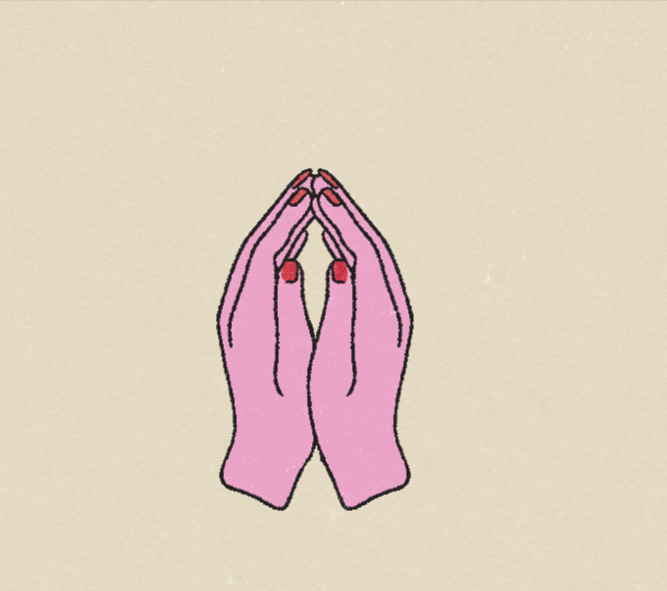
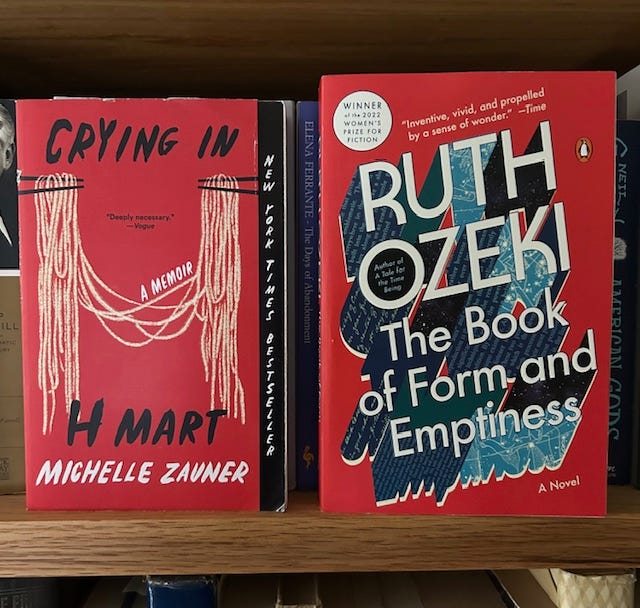
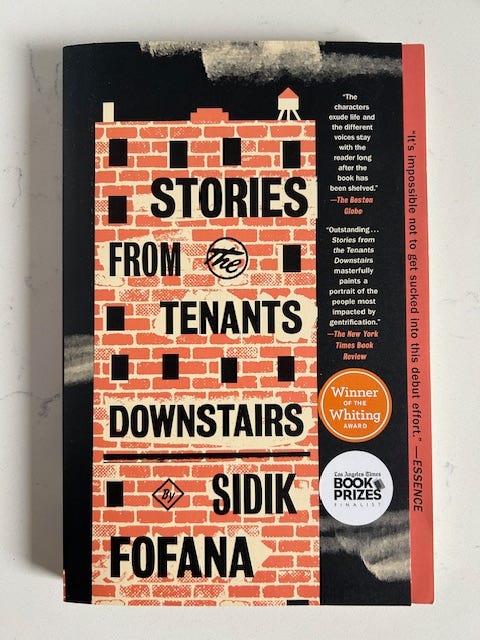
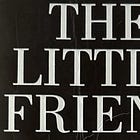

A little over a year ago I read Carla Kaplan's collection, "Zora Neale Hurston: A Life in Letters (https://www.amazon.com/Zora-Neale-Hurston-Life-Letters/dp/0385490364). Your take on her memoir makes sense to me -- she is/was a complex person, the kind you want to understand She is a shape-shifter, refuses any attempt to be categorized. Her curiosity fed both her research and her writing/storytelling. Her writing blows me away. Those "turns of phrase" get me every time. I am looking forward to reading "Dust Tracks on A Road". Another book added to my TBR.
I just started Ozeki's "The Book of Form and Emptiness" and "Crying in H-Mart" has been on my TBR for two years. Maybe this will be the year.
somehow i had no idea she had an autobio?! absolutely adding to my list!
i've also had a copy of STORIES FROM TENANTS for ages and should really prioritize reading it -- it always sounds incredible every time i read about it